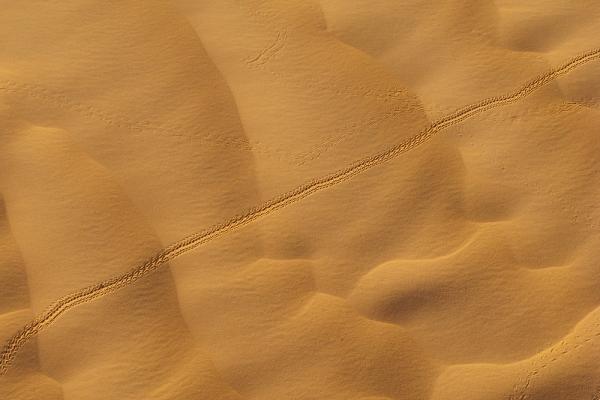Jul 25, 2018
Apart from slogans, nothing seems different but license plates, laws governing cell phone use in moving vehicles, and the ability to buy liquor locally. If not for signs informing you of your whereabouts, you would not know the exact state you’re in. The mimosas bloom their otherworldly silken blossoms without deference to zip code. Catalpa leaves cascade like oversized green hearts from massive branches. Steeples rise from Baptist churches alongside Dollar Generals and barbecue places named for the folksy characteristics of those who ostensibly manage the pits. Heavy’s. Bubby’s. Grateful Ed’s. All of these things, the sweet smoky same, regardless of state line
Read the Full Article

Already a subscriber? Login
